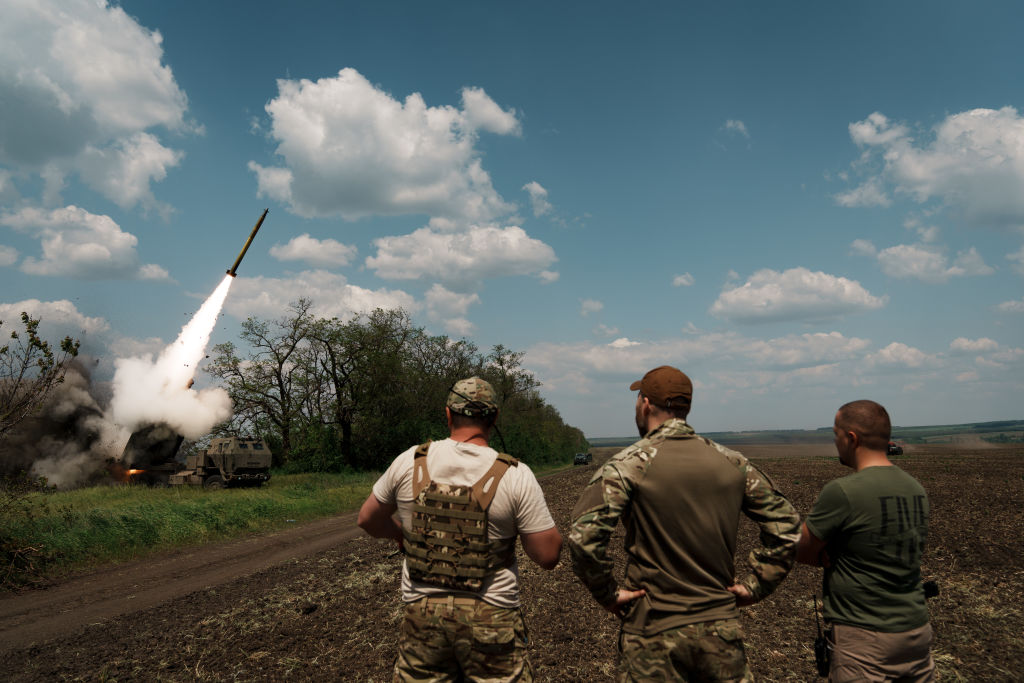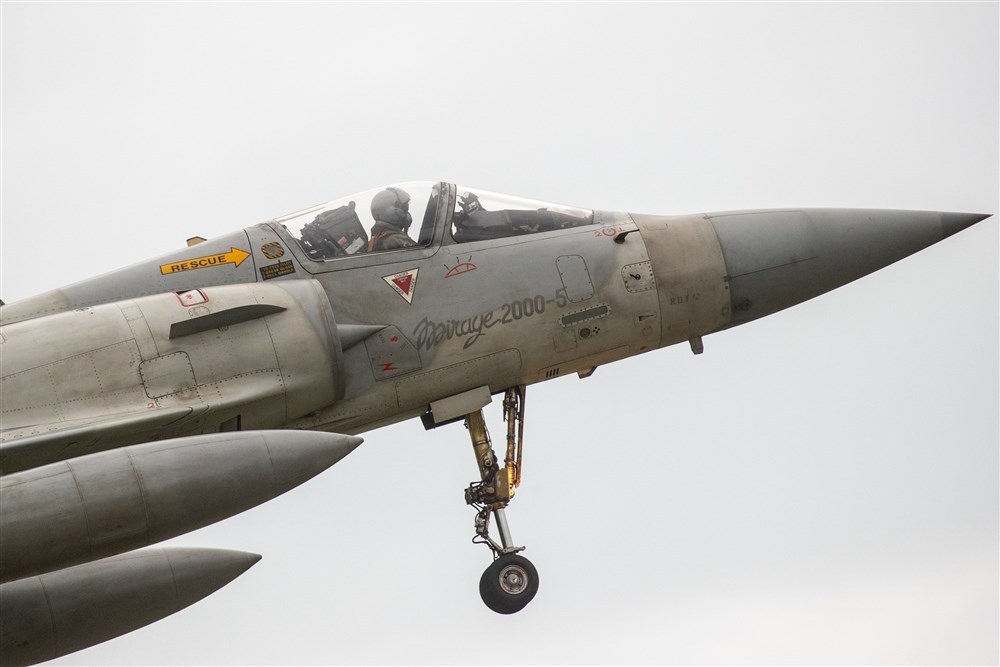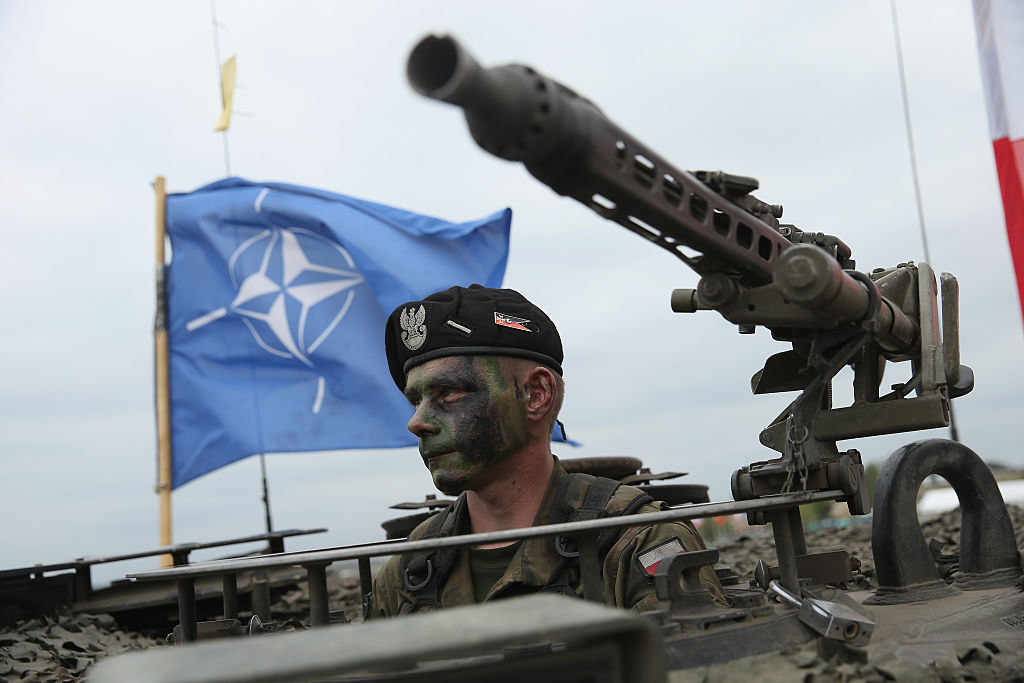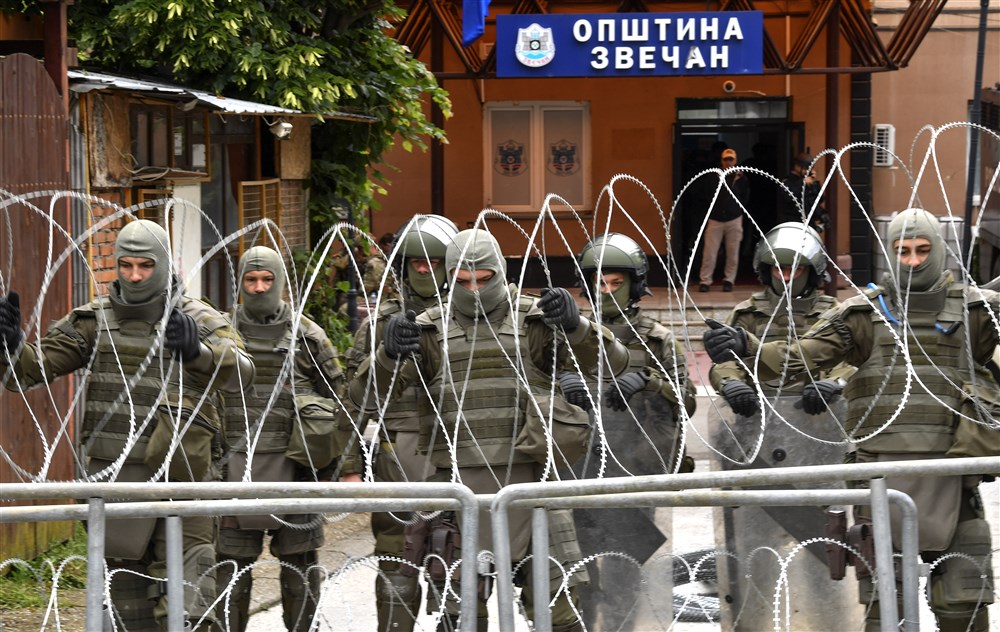A series of pro-Ukrainian announcements were made on July 11, the first day of a two-day NATO summit in Vilnius, Lithuania, though there were not enough to please the country’s President.
Proclamations ranged from military concessions to the setting up of a Ukrainian-language version of the NATO website, though all promises fell short of membership.
Ukrainian President Volodymyr Zelenskyy took to social media to outline his frustrations in a fiery post.
He insisted that while his country values its allies, it also demands respect. “It’s unprecedented and absurd when a timeframe is not set either for the invitation or for Ukraine’s membership,” the Ukrainian leader stated.
He complained about “vague wording” on the “conditions” required prior to any invitation. “It seems there is no readiness either to invite Ukraine to [join] NATO or to make it a member of the alliance.”
Zelenskyy will join the summit tomorrow for the inaugural meeting of the newly formed NATO-Ukraine Council, and he’s already ramping up pressure on attendees.
Kyiv is expected to receive an official invitation to join NATO, under certain conditions and when the war with Russia is over.
“This [vagueness] means that a window of opportunity is being left [open] to bargain [over] Ukraine’s membership in NATO in negotiations with Russia. And for Russia, this means motivation to continue its terror,” Zelenskyy said.
“Uncertainty is weakness. And I will openly discuss this at the summit.”
We value our allies. We value our shared security. And we always appreciate an open conversation.
Ukraine will be represented at the NATO summit in Vilnius. Because it is about respect.But Ukraine also deserves respect. Now, on the way to Vilnius, we received signals that…
— Volodymyr Zelenskyy / Володимир Зеленський (@ZelenskyyUa) July 11, 2023
Zelenskyy’s concerns may undermine the messaging of the summit, where the intention is to send out positive signals. European Union Member States remain divided on how to deal with Ukraine.
On Monday, NATO Secretary General Jens Stoltenberg said NATO members had reached a consensus on removing the so-called Membership Action Plan (MAP) requirement for Ukraine to join, cutting a two-step process to one.
MAP is a NATO programme of recommendations, assistance and practical support tailored to the individual needs of countries wishing to join. It includes both political and technical advice, as well an invitation to take part in annual meetings. The goal is to ensure new members uphold democracy, have a solid market economy, effective civilian control and good relations with neighbours.
As sympathetic as people are towards the country, Ukraine has some difficult issues of its own to deal with. For example, corruption. In 2022, Ukraine ranked number 116 out of 180 countries on Transparency International’s Corruption Perceptions Index ratings. That renowned German-registered association was founded in 1993 by former employees of the World Bank.
Promises to tackle corruption were cited as among the primary reasons Zelenskyy was elected, although he had been seen as falling short on such ambitions before the Russian invasion.
Because of these and other concerns: “No final decision has been made [on NATO membership], but at the summit I am absolutely certain that we will have unity and a strong message on Ukraine,” Stoltenberg said.
He told a press meeting that a multi-year package of assistance has been agreed upon to enable Ukraine to transition from Soviet-era to NATO military equipment, enabling the country’s armed forces to become fully interoperable with its allies’. Other assistance offered covers critical needs such as mine-clearing equipment, fuel and medical supplies.
Stoltenberg said member nations will invest a minimum of two per cent of GDP annually on defence. This is a subtle change, as the two per cent figure had been more a general target rather than a cast-iron requirement.
Still, it was a target often not reached by some, with Luxembourg and Belgium the serial underachievers.
Surprising many commentators, defence spending in Turkey, which operates one of NATO’s largest armed forces, has fallen since the Russian war in Ukraine erupted.





